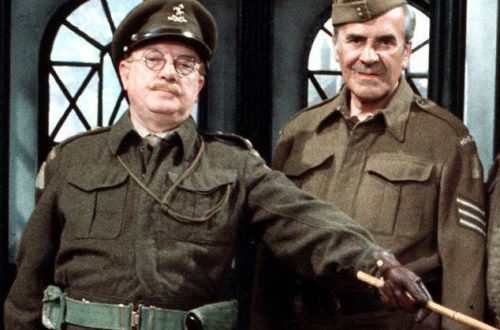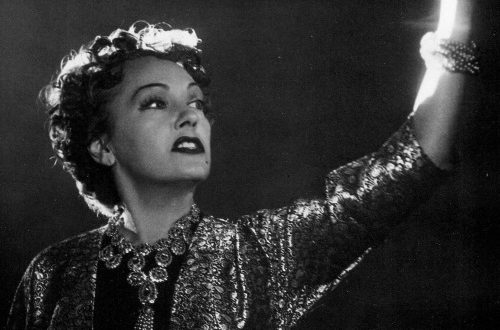Martin Bright argues that leaking is a consequence of the failure to put into place proper whistleblowing procedures.
Here are his two cases in point: where the absence of procedures for raising legitimate concerns resulted in leaks, and the unsuccessful prosecution of the civil servants involved:
The two major cases in which I have been directly implicated as a journalist (Katharine Gun and Derek Pasquill) raised deeply important public interest issues. Both individuals appeared before Tony Wright’s committee. In each case, it is difficult to see how they could have raised their concerns through the usual whistleblowing procedures. Gun, a translator at GCHQ, had received a memo from the US National Security Agency requesting British help in spying on the United Nations Security Council in the run-up to the war in Iraq. As her entire organisation was implicated in this decision, to whom would she have communicated her concerns. Her point was that everyone in GCHQ should have been shocked by the NSA proposal to spy on the UN. Everyone should have blown the whistle, but only she did. Her very reaction to the memo was an implicit indictment of her colleagues’ failure to act.
In Derek Pasquill’s case, again his concerns were with the very culture of the organisation employiong him., in this case the Foriegn Office. He was shocked that his colleagues were pursuing a policy of appeasement of radical Islam. The documents he leaked demonstarted that the UK government planned to open up back channels to the Egypt’s Muslim Brotherhood and revealed a preparedness to allow extremist Islamist idelogues into Britain to avoid potential social unrest if they were banned. Again, it is difficult to see how Pasquill could have been expected to go through the usual whistleblowing procedures when he was questioning a policy that came from the top.
In some cases, whistleblowers simply have to leak.
(As a result of his actions Derek Pasquill lost his job, a decision which he is presently appealing. This is a costly process. The organisations which benefitted from his disclosures, The Observer, The New Statesman and the think-tank Policy Exchange have so far failed to contribute to his fighting fund, but as I am sure they will do the right thing. Anyone else wishing to help Derek get back to work at the Foreign Office please contact me at martin.bright@btinternet.com).
You can read Derek Pasquill’s evidence to the Public Administration Select Committee here
It is worth adding this. You may have views on the rightness or wrongness of leaking generally, or in these specific cases. I am most familiar with that of Mr Pasquill, and I can honestly say that – without those leaks – we would have had no idea at all of the extent to which the Foreign and Commonwealth Office was pushing a pro-Muslim Brotherhood line. I am therefore most grateful to him.


